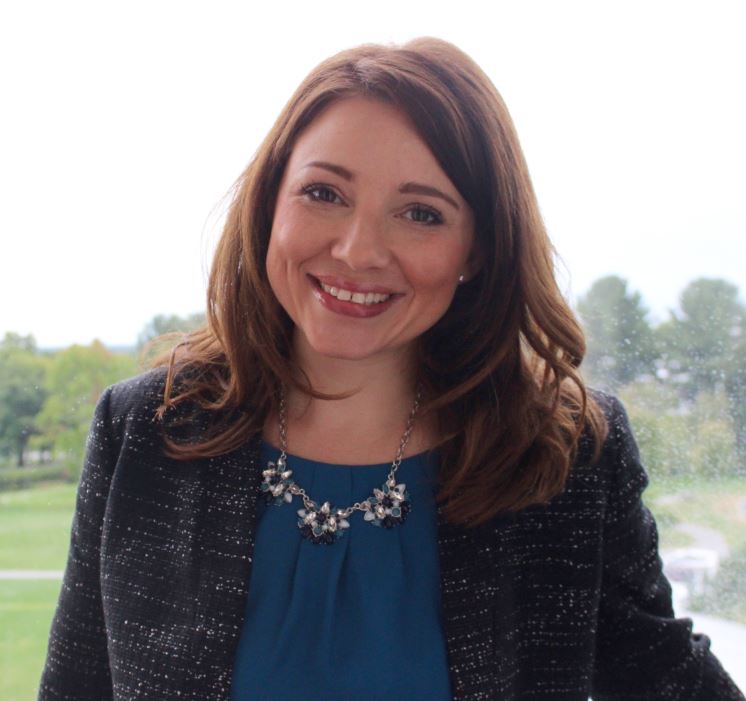Welcome to our special section, Thrive on Campus, devoted to covering student mental health, well-being, and redefining success from all angles. If you are a college student, we invite you to apply to be an Editor-at-Large, or to simply contribute (please tag your pieces ThriveOnCampus). We welcome faculty, clinicians, and graduates to contribute as well. Read more here.
When I was a senior in college, my friends and I occasionally compared notes on where we’d end up after graduation.
I don’t think many of us had crystal-clear pictures of our prospective careers. Our job searches were motivated by different factors. Most prioritized geography, wanting to either return to their hometowns, or live in the city where their friends planned on living. Some opted to pick industry-specific locations, or knew they would further their education.
I was motivated by something different. It was pervasive, and yet so deeply buried I hardly acknowledged it was there.
I was adamant on hiding my disability, a lifelong hearing loss that steadily decreased in my college years.
Why did I make this choice?
At the time, if I ever was to talk about my disability, I referred to it as a “hearing impairment,” the word itself conveying that something about me was defective, weak, or damaged.
And that’s exactly how I felt. I didn’t see people with circumstances like my own in positions of professional power, and I questioned why any employer would seek a candidate who was broken.
In hindsight, because of my massive insecurities and reluctance to seek help, I set the bar pretty low for myself, limiting my prospects. Despite college campus resources available to me, I used none, and had no one suggesting to me that I use any either. I applied for low pressure positions with meager salaries and high turnover. I was so very far from accepting my truth, that I found it preposterous for an employer to accept me. How could they when I hadn’t accepted myself?
I look back at my young self and my heart aches. I spent insane amounts of energy — from the job interview, through the hiring process, and then on-the-job, acting like I didn’t need help in order to appear as a competent professional.
I’m reminded of my first employer’s outdoor award ceremony in which I was going to receive recognition. I knew from past events that they would alphabetize honorees so I spent the entire luncheon studying the room and recalling last names so I could better predict when my name would be called as to not miss my cue. Every day was like this in some form. It was exhausting, and I was often too tired and lost to really think about what I truly wanted.
It took me years to finally reveal my honest circumstances and to ask for the help I needed to work as effectively and efficiently as possible. It was vulnerable. It still is. But I started to notice that my openness encouraged others to share back with me.
I have a friend who in his young career was so self-conscious of his sweaty palms, he devoted tremendous time to figuring out how to avoid handshakes (a tough act in the business world!).
Another friend dealing with lifelong anxiety knew of certain workplace triggers that brought on panic attacks. She suffered silently, too ashamed to confide in her boss.
A man with vision loss shared with me that despite various accommodations available to him, he refused. Today he looks back angrily at his young self for so much unnecessary pain and suffering.
Let me tell you — the one commonality I’m confident we all share as humans, professional settings and elsewhere, is that we all have SOMETHING. The world is full of professionals insecure with their hearing or vision loss, their sweaty palm conditions, their anxiety issues, and so much more.
I look back at the college version of myself and instead of self-rejecting so much, I wish I could have re-framed my story.
Hearing loss didn’t make me resist people or conversation. It didn’t hurt my work ethic or abilities to bridge connections, or creativity — in fact, I’ve been creative my whole life to overcome challenges!
But my insecurities did shape my journey. They kept me stifled in environments that kept me from shining as brightly as my true self desired.
Today I work in a career center and I see prospective graduates.
My hope is that whatever unique story they hold, they can find the courage to embrace it, or at a starting point, to at least to know if they are spending the time and energy to conceal it. This process in itself is exhausting and I know from experience it distracts from helping us to reveal our gifts.
Imagine if we didn’t feel so stigmatized to show up as who we truly are. Imagine how much energy we could devote to reaching our highest professional potentials.
Subscribe here for all the latest news on how you can keep Thriving.
More Thrive on Campus:
What Campus Mental Health Centers Are Doing to Keep Up With Student Need
If You’re a Student Who’s Struggling With Mental Health, These 7 Tips Will Help
The Hidden Stress of RAs in the Student Mental Health Crisis


